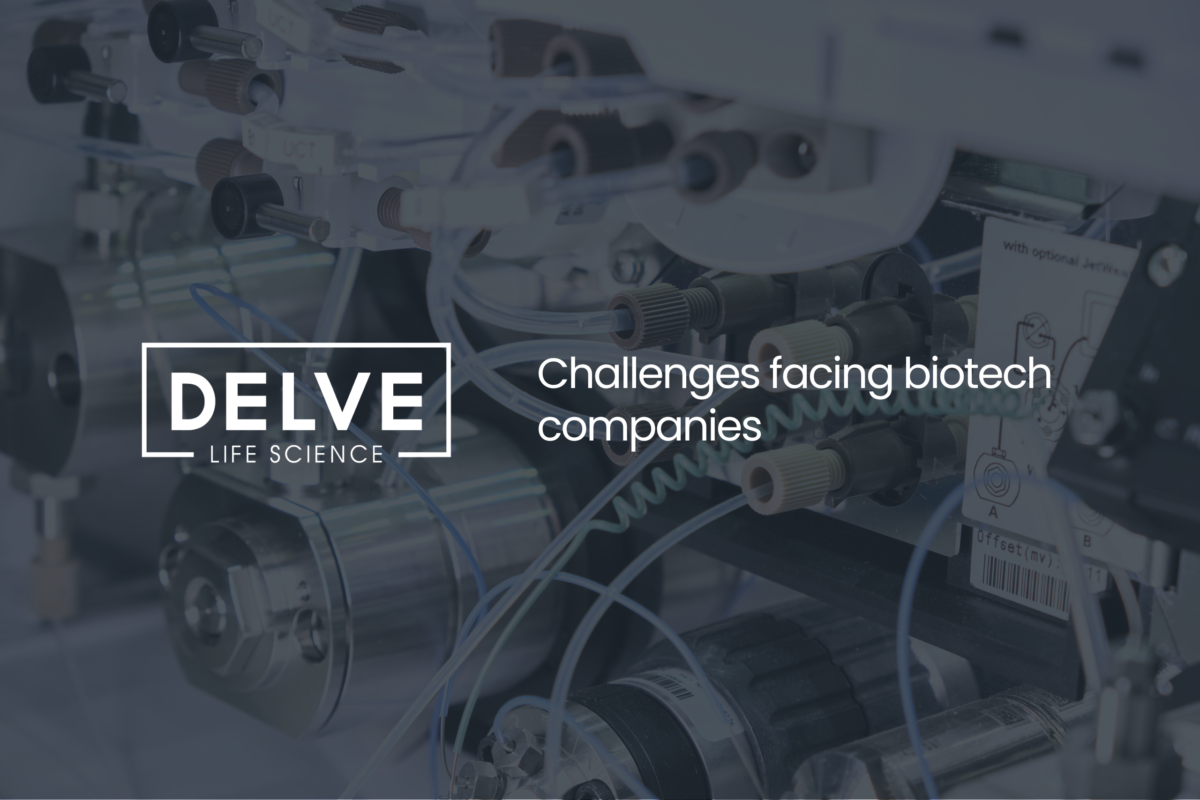Challenges facing biotech companies
As the global biotechnology industry continues to grow at a rapid pace, companies in this field face unique challenges when it comes to finding and hiring talented individuals to join their teams. With breakthroughs in gene editing, personalised medicine, and other cutting-edge technologies, the demand for skilled professionals in biotech has never been higher. However, there are several factors that can make hiring in this sector particularly challenging.
One of the biggest challenges facing biotech companies is the highly specialised nature of the work. Many roles in biotech require not only advanced degrees, but also extensive experience and expertise in specific areas such as gene sequencing, protein engineering, or clinical research. This means that there is a relatively small pool of qualified candidates available for many biotech positions, making it difficult to find the right fit.
Another challenge is the competitive landscape of the biotech industry. With so many exciting breakthroughs happening in this field, top talent is in high demand and may receive multiple offers from different companies. This can make it difficult for smaller or lesser-known biotech firms to attract the talent they need to stay competitive.
Finally, the regulatory landscape of biotech sector can also present challenges for hiring. The industry is heavily regulated, and companies must comply with a complex set of laws and regulations governing everything from clinical trials to product development. This means that many biotech positions require not only scientific expertise, but also a deep understanding of regulatory compliance.
Despite these challenges, there are strategies that biotech companies can use to attract and retain top talent. These include offering competitive compensation and benefits packages, providing opportunities for professional growth and development, and building a strong company culture that values collaboration and innovation. By addressing these challenges head-on, biotech companies can continue to build the talented teams they need to drive innovation and push the boundaries of science.
To see how we can support you with your hiring needs, contact Jamie Rafferty:
LinkedIn: Jamie Rafferty
Email: jamie.rafferty@delverec.com
Call: +44 (0)1606 212 020
Share This Blog
Recent Articles

Technical vs. Leadership career paths

The hidden engine of Germany’s innovation: Why the future of engineering relies on a proactive approach

Networking Tips for Semiconductor Professionals in Europe

Key workforce challenges in the Advanced Engineering sector

Breaking into the Semiconductor Industry: Tips for engineering graduates











